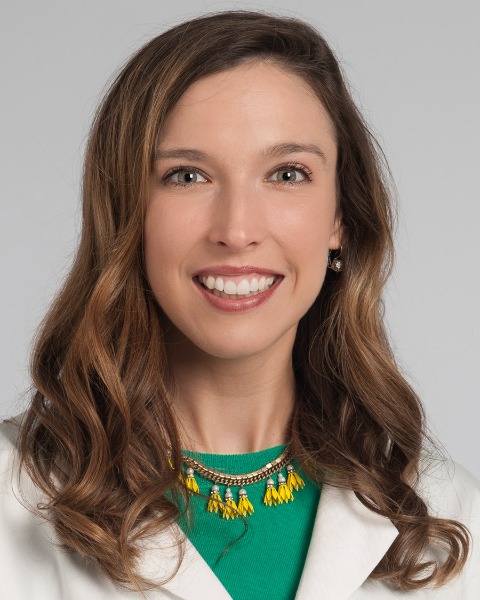Virtual Multidisciplinary Huddle to Improve Care Delivery for ICU Patients With Active Malignancy
-

Elisha Yin, PA-C, MPAS
Physician Assistant
The Cleveland Clinic
Cleveland, OhioDisclosure information not submitted.
-
HC
Humberto Choi, MD
MD
Cleveland Clinic Foundation, United StatesDisclosure information not submitted.
-
SM
Simon Mucha, MD, FACP
Physician
Cleveland Clinic Foundation, United StatesDisclosure information not submitted.
-
DJ
First Author(s)
Co-Author(s)
Title: Virtual Multidisciplinary Huddle to Improve Care Delivery for ICU Patients with Cancer
Introduction: Approximately 20% of the over 4000 patients annually admitted to the Cleveland Clinic Medical ICU carry a diagnosis of cancer. These patients have unique needs due to their complex disease and treatment related toxicities. Daily meetings between ICU and oncology providers have improved outcomes. We initiated a virtual multidisciplinary huddle pilot with specific aim to improve communication between teams and facilitate effective implementation of cancer specific plans for critically ill patients with lymphoma, myeloma, leukemia and bone marrow transplant. This study describes the implementation and outcomes of this pilot project.
Methods: 30 consecutive meetings (June –July 2021) were analyzed to quantify number of participants, duration, patients discussed, and types of discussions (classified as: cancer specific therapy, cancer specific diagnostics, goals of care (GOC), or disposition). Interviews with huddle participants (ICU, oncology and palliative medicine providers) were conducted during the pilot phase. Thematic analysis of interviews are presented to describe the participants’ perception of the impact of huddles on communication and care delivery.
Results: Average huddle duration was 12.5 minutes. 14 providers discussed on average 6.9 patients (median 7, IQR=5).The majority of patients carried a diagnosis of lymphoma or multiple myeloma (54%), with 24% and 22% of patients being BMT and leukemia patients respectively. Majority of discussions were for cancer specific treatment (51%), by GOC (31%), diagnostics (29%) and/or disposition (20%). Interviews with huddle participants (n=12, staff physicians (n=4), fellows (n=4) advance care providers (n=2), RN (n=2)) showed participation required time and effort from all participants, was perceived as overall helpful and improved communication between teams, especially when discussing active therapies or rapid change in clinical status.
Conclusion: This pilot study showed that a virtual multidisciplinary huddle improves interdisciplinary communication and collaboration and facilitates effective implementation of cancer specific care plans. Further research is needed to evaluate if these results translate into improved patient-centered outcomes, such as reduced ICU and overall length of stay, ICU re-admission rates, or mortality.
